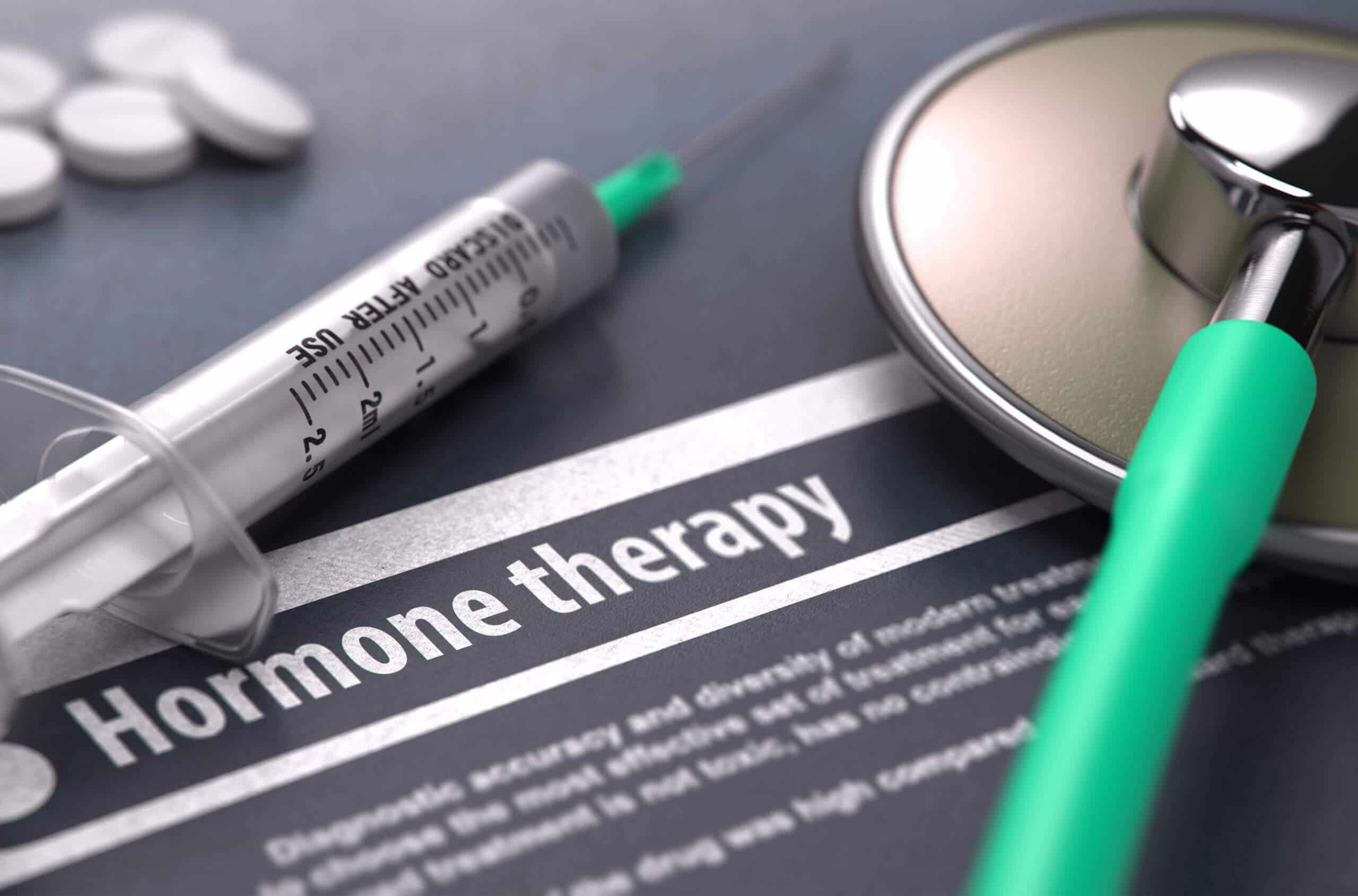Finding Balance: Exploring Therapy and Hormone Pellet Therapy for Optimal Wellbeing
Hormonal imbalances can wreak havoc on our physical and mental health. From fatigue and weight gain to mood swings and anxiety, these fluctuations can significantly impact our quality of life. Fortunately, there are treatment options available, including hormone pellet therapy. However, a holistic approach that addresses both the physical and emotional aspects of hormonal imbalance can be most effective. This is where therapy comes in.
This article delves into the world of hormone pellet therapy and explores its potential benefits alongside the supportive role therapy can play in achieving optimal well-being.
Understanding Hormone Imbalance
Our bodies rely on a delicate balance of hormones produced by various glands. These hormones regulate a wide range of functions, including metabolism, sleep, mood, and sexual health. However, this balance can be disrupted due to various factors such as:
- Age: Menopause and andropause (male hormone decline) are natural occurrences that cause hormonal shifts.
- Stress: Chronic stress can lead to cortisol imbalances, impacting other hormones.
- Medical conditions: Certain health issues can affect hormone production.
- Environmental factors: Exposure to toxins can disrupt hormone function.
Symptoms of hormonal imbalance can vary depending on the specific hormone(s) affected and the individual’s body. Here are some common signs:
- Women: Hot flashes, night sweats, vaginal dryness, decreased libido, mood swings, fatigue, difficulty concentrating, and sleep disturbances.
- Men: Low libido, erectile dysfunction, fatigue, weight gain, muscle loss, irritability, and depression.
What is Hormone Pellet Therapy?
Hormone pellet therapy is a method of hormone replacement therapy (HRT) that involves implanting tiny pellets containing bioidentical hormones (hormones structurally similar to those produced by the body) under the skin, typically in the buttocks or hips. These pellets slowly release hormones into the bloodstream over a period of several months.
Benefits of Hormone Pellet Therapy:
- Convenience: Compared to daily pills or creams, pellets offer a longer-lasting, steady release of hormones.
- Potential for symptom relief: Studies suggest effectiveness in treating symptoms of menopause, andropause, and other conditions associated with hormonal imbalance.
- Improved mood and energy: Some individuals report experiencing better mood, increased energy levels, and enhanced sleep quality.
Important Considerations:
- Limited scientific research: Though some studies show benefits, more research is needed to fully understand the long-term safety and efficacy of hormone pellet therapy.
- Individualized approach: Hormone needs vary depending on the person. Consulting a qualified healthcare professional for personalized assessment and hormone dosing is crucial.
- Potential side effects: Similar to other forms of HRT, there may be side effects like breast tenderness, headaches, and mood swings.
- Regulation: Hormone pellets are often compounded medications, not FDA-approved. This means the specific ingredients and quality may vary.
The Role of Therapy in Hormone Balance
Therapy can be a powerful tool alongside hormone pellet therapy for several reasons:
- Addressing Emotional Changes: Hormonal fluctuations can trigger emotional responses like anxiety, depression, and irritability. Therapy can provide a safe space to process these changes and develop coping mechanisms.
- Managing Stress: Chronic stress can worsen hormonal imbalance. Therapy can equip individuals with stress management skills to promote overall well-being.
- Enhancing Treatment Adherence: Therapy can help individuals understand their hormonal issues, leading to better adherence to treatment recommendations (e.g., lifestyle modifications) for optimal results.
- Building Self-Esteem: Hormonal changes can negatively impact self-esteem. Therapy can help individuals develop body positivity and self-acceptance during hormonal fluctuations.
- Identifying Underlying Issues: Sometimes, emotional factors can manifest as physical symptoms. Therapy can uncover any emotional triggers that might be contributing to hormonal imbalances.
Different Types of Therapy for Hormonal Imbalance
There are different therapeutic approaches that can be beneficial for individuals dealing with hormonal imbalance:
- Cognitive-behavioral therapy (CBT): This approach helps identify and change negative thought patterns that contribute to emotional distress.
- Dialectical behavior therapy (DBT): DBT focuses on developing skills for emotional regulation, distress tolerance, interpersonal effectiveness, and mindfulness.
- Acceptance and commitment therapy (ACT): ACT encourages acceptance of difficult emotions and promotes living a meaningful life according to your values.
- Couples therapy: If hormonal imbalances are impacting relationships, couples therapy can improve communication and provide support for both partners.
Finding a Qualified Therapist
When seeking a therapist to address hormonal imbalance, consider the following:
- Specialization: Look for therapists with experience treating individuals with hormonal issues.
- Therapeutic approach: Choose a therapy style that resonates with you (e.g., CBT, DBT).


